☕ Issue 11: Taipei Makes Cool Spaces & Coffee Grinds That Strengthen Concrete
Happy New Year, I hope you had a nice break and a pleasant start into 2025. We’ve rounded up the most interesting news from December and packaged it as tight as we can below. Here are some headlines that stood out for this month:
Starbucks has finally launched a cortado, sort of.
Wirsh starter a kickstarter for a nicely designed espresso grinder (limited time 40% off).
The Beanroom in Taipei, a beautifully designed, interactive coffee shop.
Coffee grinds can make concrete 30% stronger.
Bean prices are hitting a 50 year all-time high.
There’s a lot more news this month, so let’s get to it…
New gear showcase
Sanremo has unveiled its new modular D8 hybrid espresso machine, featuring customizable components, an insulated stainless steel boiler, and precise group temperature controls. Equipped with IoT connectivity, the D8 allows remote monitoring, multi-machine management, and weekly programming software (ECO). Optional features include customizable colors, cup warmers, auto steamers, and cold-touch steam wands, making it a versatile tool for modern coffee operations.
Source: SanremoCoffeeMachines, Perfect Daily Grind
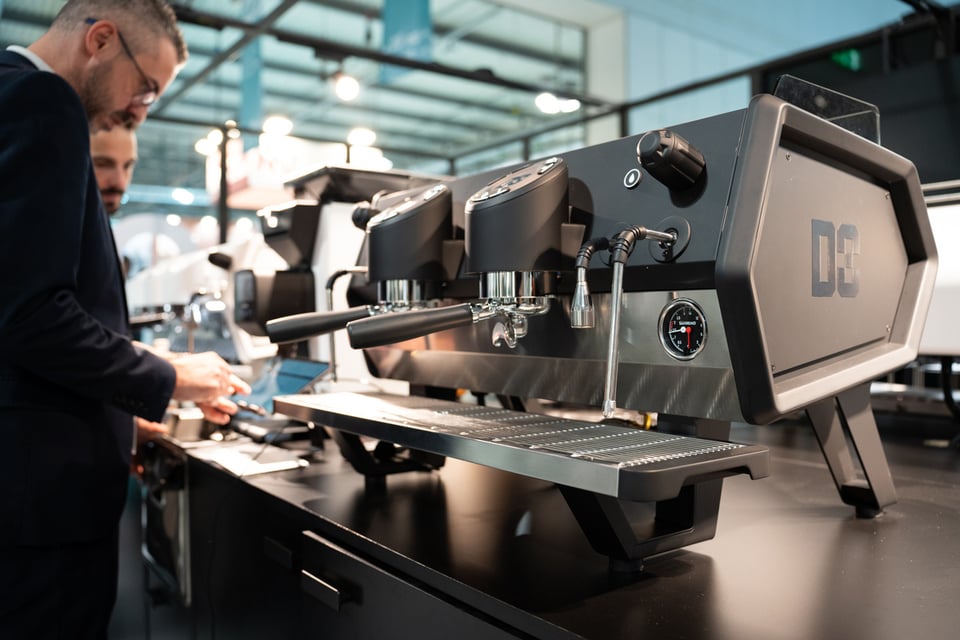
Wirsh launched a Kickstarter to create two new Geimori grinders launching in May 2025. The two models are the GU78 ($999) and GU64 ($499). The flagship GU78 features innovative dual anti-static technology, combining a precise water spray system and negative ion emission. Both models offer custom flat burrs and adjustable grinding speeds, with the startup already securing over $180,500 in preorders. Right now you can order one for 40% off as an early bird deal.
Source: Wirsh
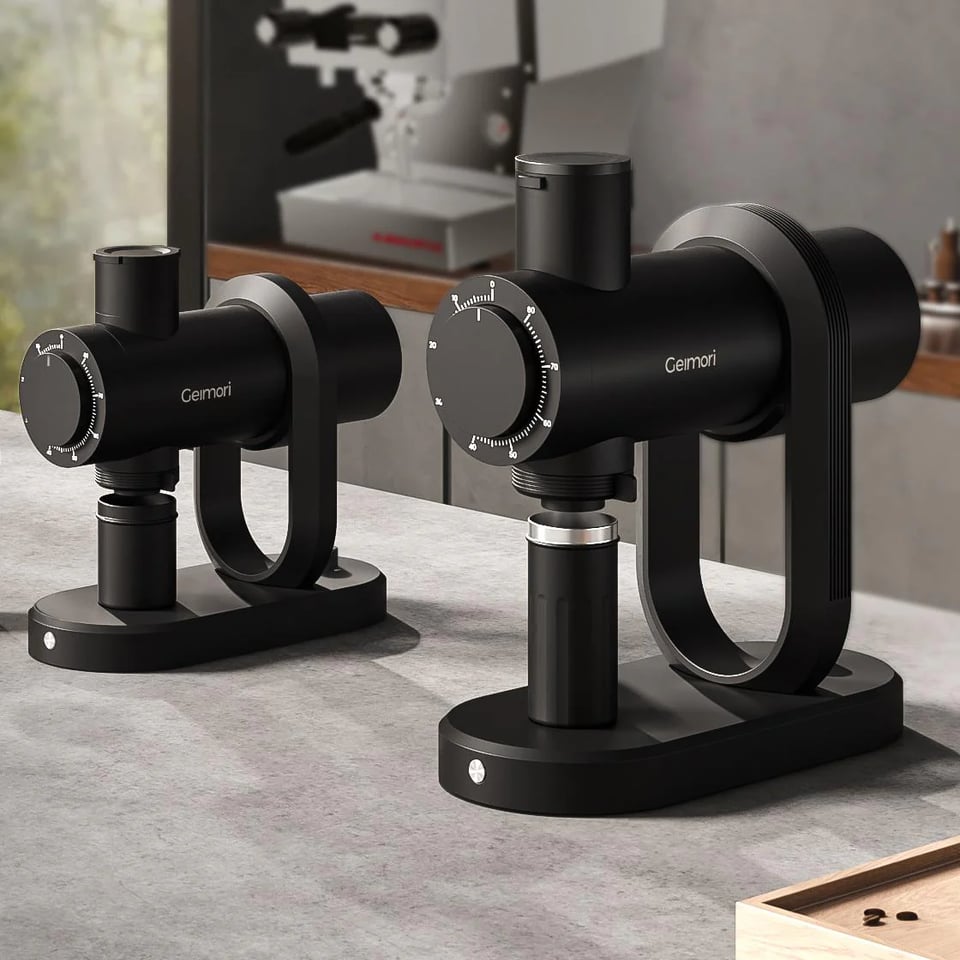
Big brands making waves
Costco has removed complimentary coffee grinders from its warehouses due to frequent breakdowns caused by member misuse. The machines, costing thousands of dollars each, were reportedly breaking weekly from issues like double grinding and inappropriate items being inserted (like hotdogs, chocolate coated beans, cleaning brushes, etc.), leading to the chain's decision to discontinue the service.
Source: New York Post
Starbucks launched its new cortado drinks in late 2024, featuring their Blonde Espresso with two variations: a traditional whole milk version and a Brown Sugar Oat Cortado. The new menu item consists of three ristretto shots and steamed milk served in an eight-ounce cup. However, early reviews note that the drink's coffee-to-milk ratio (approximately 20% coffee) differs significantly from a traditional cortado's equal parts ratio, making it more comparable to a small latte than an authentic cortado.
Source: Delish
De’Longhi Group has announced a partnership between Italian espresso machine maker La Marzocco and Swiss super-automatic coffee machine producer Eversys. The new corporate entity, controlled by De’Longhi SpA, aims to enhance coffee machine development and sales while maintaining the independence and management of both brands.
Source: Daily Coffee News
Dunkin' partnered with pop star Sabrina Carpenter to introduce "Sabrina's Brown Sugar Shakin' Espresso," an iced beverage featuring espresso, brown sugar, and oat milk. Launched on December 31, the drink is part of Dunkin's winter menu, which also includes items like the Lava Cake Signature Latte and Chocolate Whoopie Pie Donut. The collaboration is highlighted in a playful ad campaign titled "Shake That Ess."
Source: People
Sojourner Consumer Partners announced it was partnering with Anderson Holdings and investing in Hawaii Coffee Company (HCC). This investment led to the creation of the SoJoe Coffee platform. This new holding company aims to acquire and form partnerships with high-potential packaged and ready-to-drink coffee companies across North America.
Source: BusinessWire
To our health & science
A new study in the European Heart Journal reveals that drinking coffee between 4AM and noon may reduce the risk of premature death by 16% and cardiovascular disease by 31%. The research, analyzing over 40,000 adults, found these benefits were unique to morning coffee consumption, with no similar effects observed in those who drank coffee at other times.
Source: VICE
MIT's Department of Materials Science and Engineering launched "Coffee Matters," a new hands-on course combining coffee chemistry with practical experimentation. Students use advanced laboratory equipment to conduct research on coffee science, exploring topics like storage methods, brewing temperatures, and flavor enhancement through the university's new Breakerspace laboratory.
Source: MIT News
RMIT University researchers have discovered that charred coffee grounds can be used to create concrete that's 30 percent stronger than traditional mixes. By processing used coffee grounds at 350°C, the resulting biochar can be incorporated into concrete, potentially helping reduce the 10 billion kilograms of coffee waste produced globally while decreasing reliance on sand mining for construction.
Source: Science Alert
Horticultural experts warn that putting coffee grounds directly on plants can harm them by depriving them of nitrogen and promoting mold growth (I know this from personal experience). Research shows grounds should instead be composted first or used to create compost tea before being applied as fertilizer.
Source: MindBodyGreen
University of Oregon researchers found that adding a small amount of moisture to coffee beans before grinding can significantly improve brewing flavor. The study, published in Matter, reveals that adding about 20 microliters of water per gram of coffee reduces static electricity during grinding, preventing clumping and ensuring more consistent grounds. This simple technique leads to better extraction and stronger espresso, particularly benefiting darker roasts which are more prone to static buildup.
Source: Earth.com
A new study has revealed how coffee wilt disease, caused by the soil-borne fungus Fusarium xylarioides, evolved to more effectively infect arabica and robusta coffee crops. Scientists sequenced the pathogen's genetic evolution over six decades, analyzing 13 historic fungal strains. Published in PLoS Biology, the study highlights how F. xylarioides acquired critical genes from another fungus, Fusarium oxysporum, enabling it to break down coffee plant cell walls and invade the plants more efficiently, contributing to repeated outbreaks of the devastating disease.
Source: Imperial
Global industry
Coffee prices reached a 47-year high in December 2024, with arabica futures exceeding $3.30 per pound. The surge is driven by severe weather affecting Brazilian and Vietnamese crops, while global demand continues to rise, particularly in China where consumption has increased 60% over five years. Major companies including Nestlé and J.M. Smucker have announced price increases for 2025.
Source: The Seattle Times
Brazil’s top coffee roasters, including JDE Peet’s, will raise prices by up to 30% in 2025. This follows severe weather in Brazil and Vietnam. Raw coffee prices have climbed 80% by the end of 2024, hitting record highs, with consumers worldwide expected to see price increases by March 2024. Rival roasters like 3 Coracoes and Melitta have already implemented price hikes, citing climate impacts and rising demand. As coffee companies pass costs to consumers, analysts warn of potential demand slowdowns, particularly in cost-sensitive markets, amid ongoing economic pressures.
Source: Reuters
Colombia’s coffee production surged by 20% in 2024, fueled by advancements in pest control and climate adaptation, with exports to the U.S. and Canada accounting for 45% of foreign shipments. Total revenue is projected to surpass US $3.14 billion, though the harvest is expected to fall short of 13.6 million 60kg bags, despite earlier forecasts, according to industry reports from Bogotá.
Source: Global Coffee Report
Arabica and robusta coffee prices increased in December 2024 due to weather concerns, with Brazil's Minas Gerais receiving below-average rainfall and wet conditions disrupting Vietnam's harvest. Safras & Mercado forecasts Brazil's 2025/26 coffee crop will drop 5% year-over-year, with arabica production falling 15% due to drought conditions.
Source: Nasdaq
Thoughtfully designed
Waterfrom Design has unveiled "beanroom," an innovative coffee retail space in Taipei City that transforms its facade through customer interaction. The store features tilted shelves arranged in rows, where coffee packaging boxes act as dynamic folding screens between interior and exterior spaces. As customers purchase products and remove boxes, the remaining packages automatically slide forward, creating an ever-changing organic display that reflects daily consumption patterns. The design addresses the challenge of a partially obscured storefront while turning product packaging into an interactive architectural element.
Source: METALOCUS
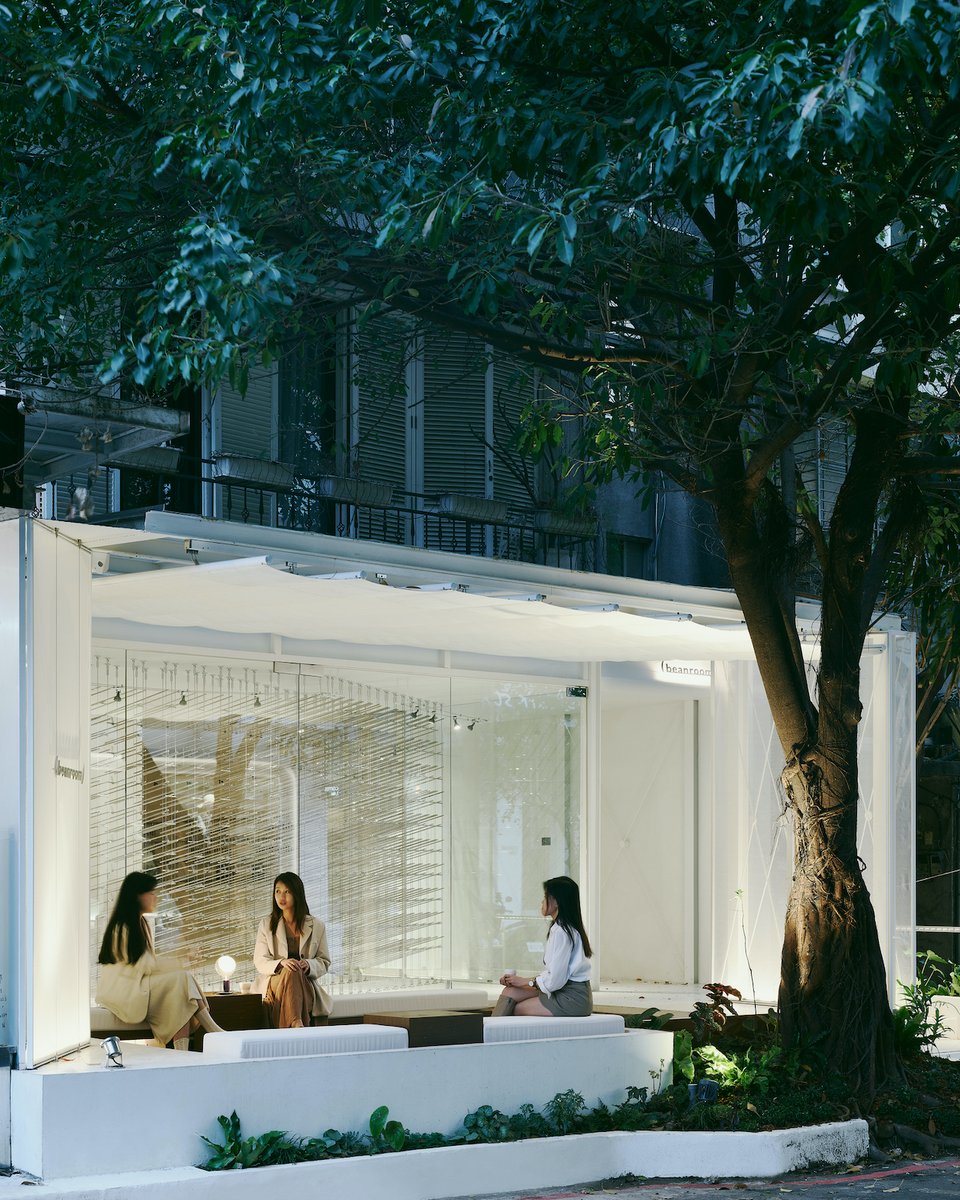
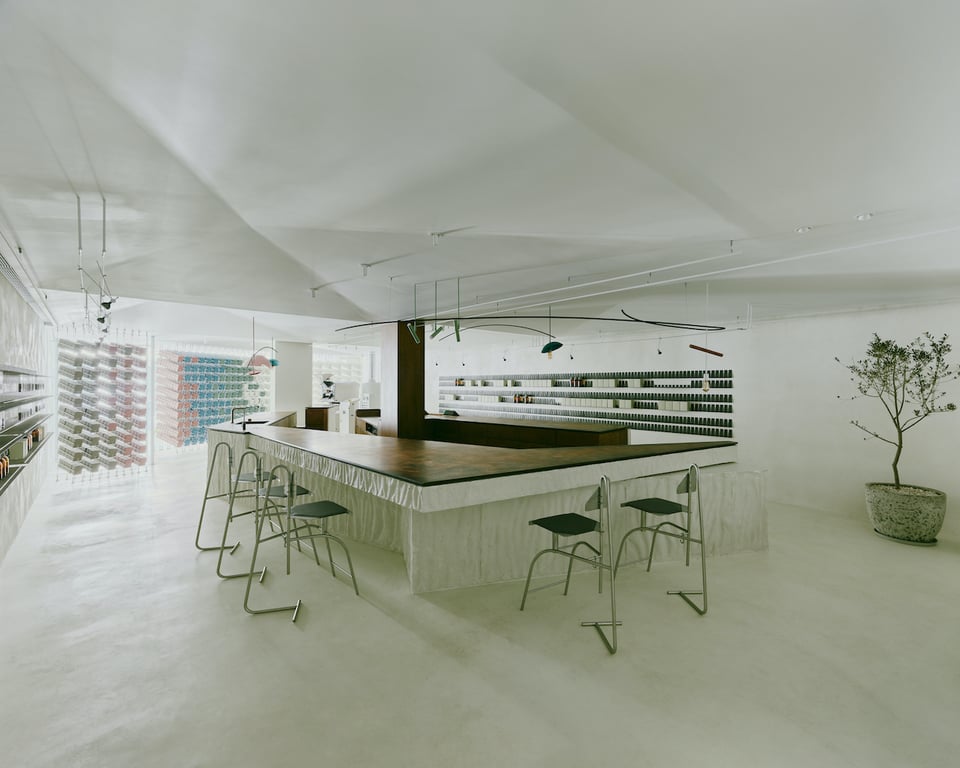
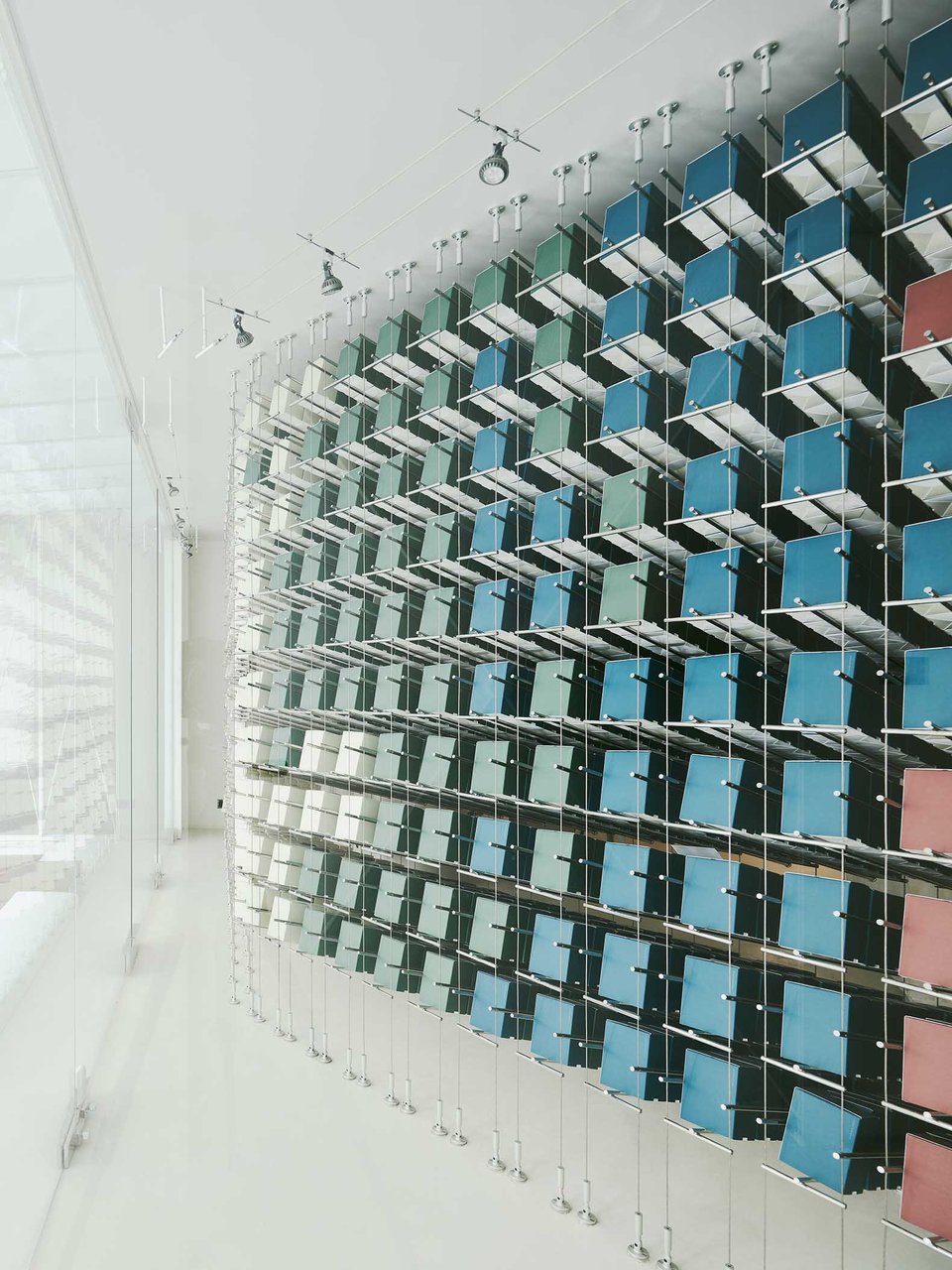
Creative corner

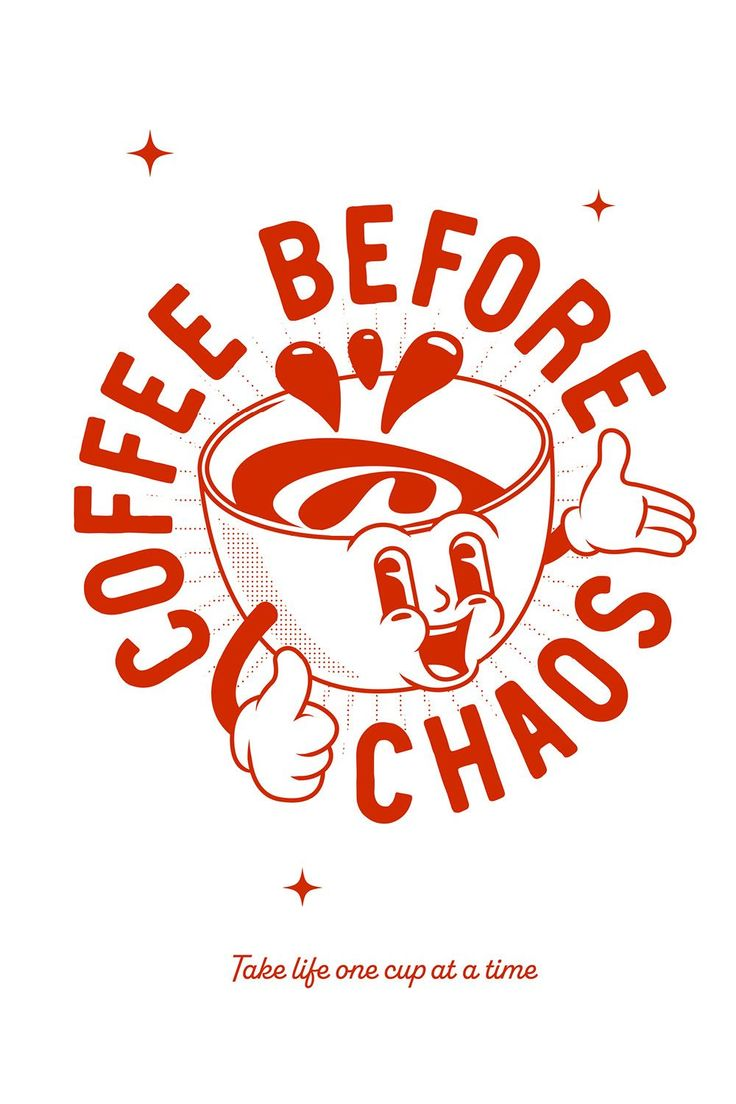
Enjoyed this issue? Forward it.
We’d always appreciate the support to forward this email along. Until next issue, continue in the pursuit of great coffee.
Leigh